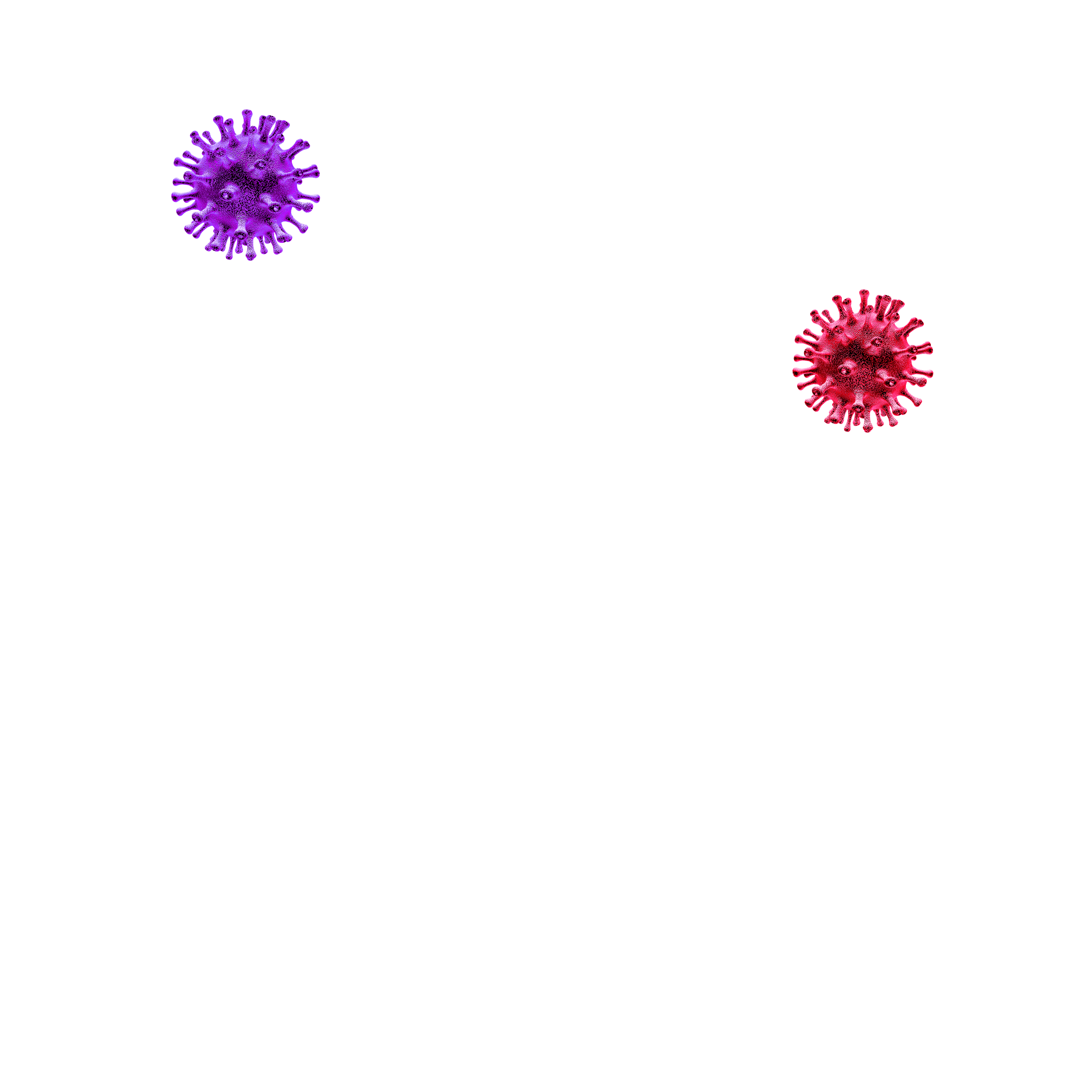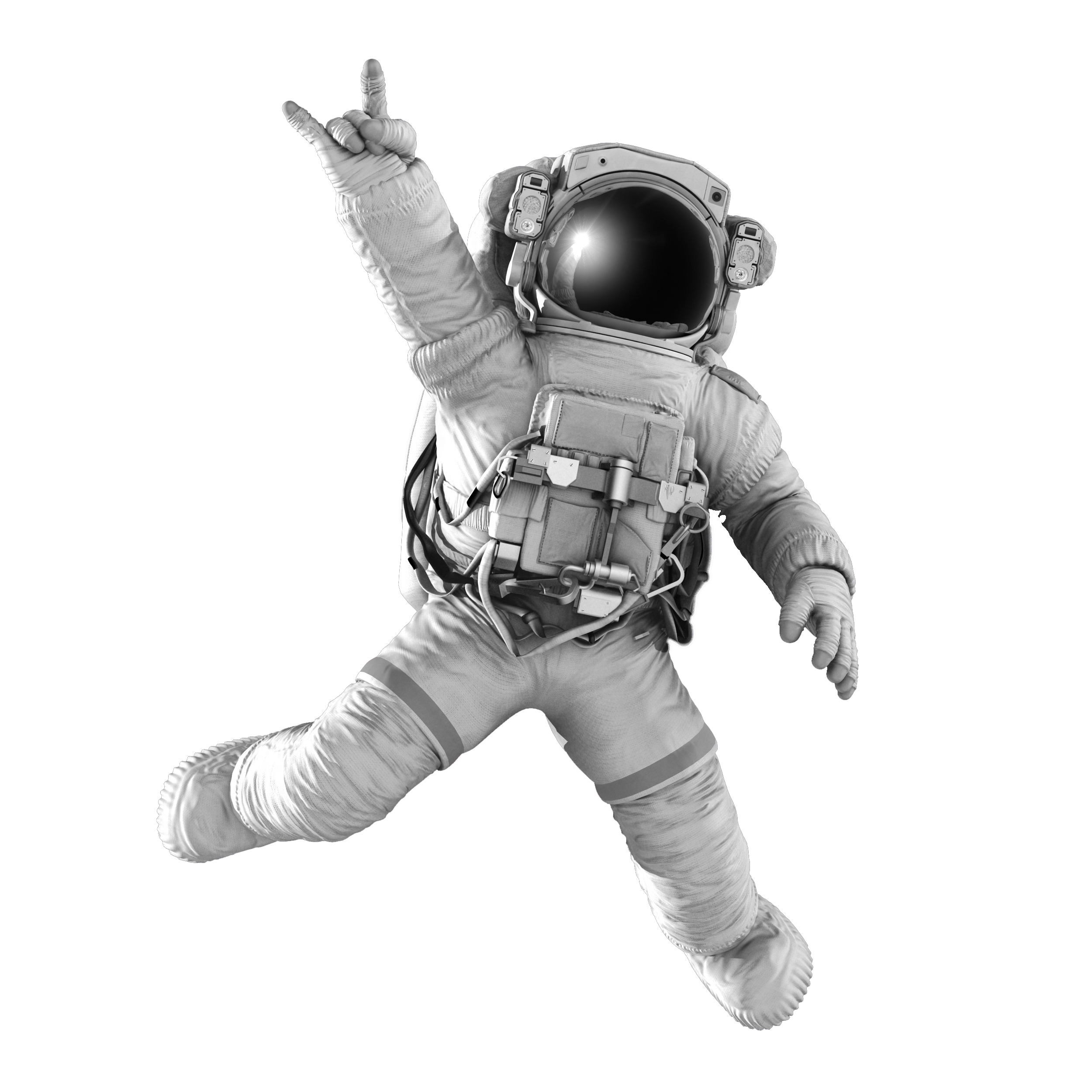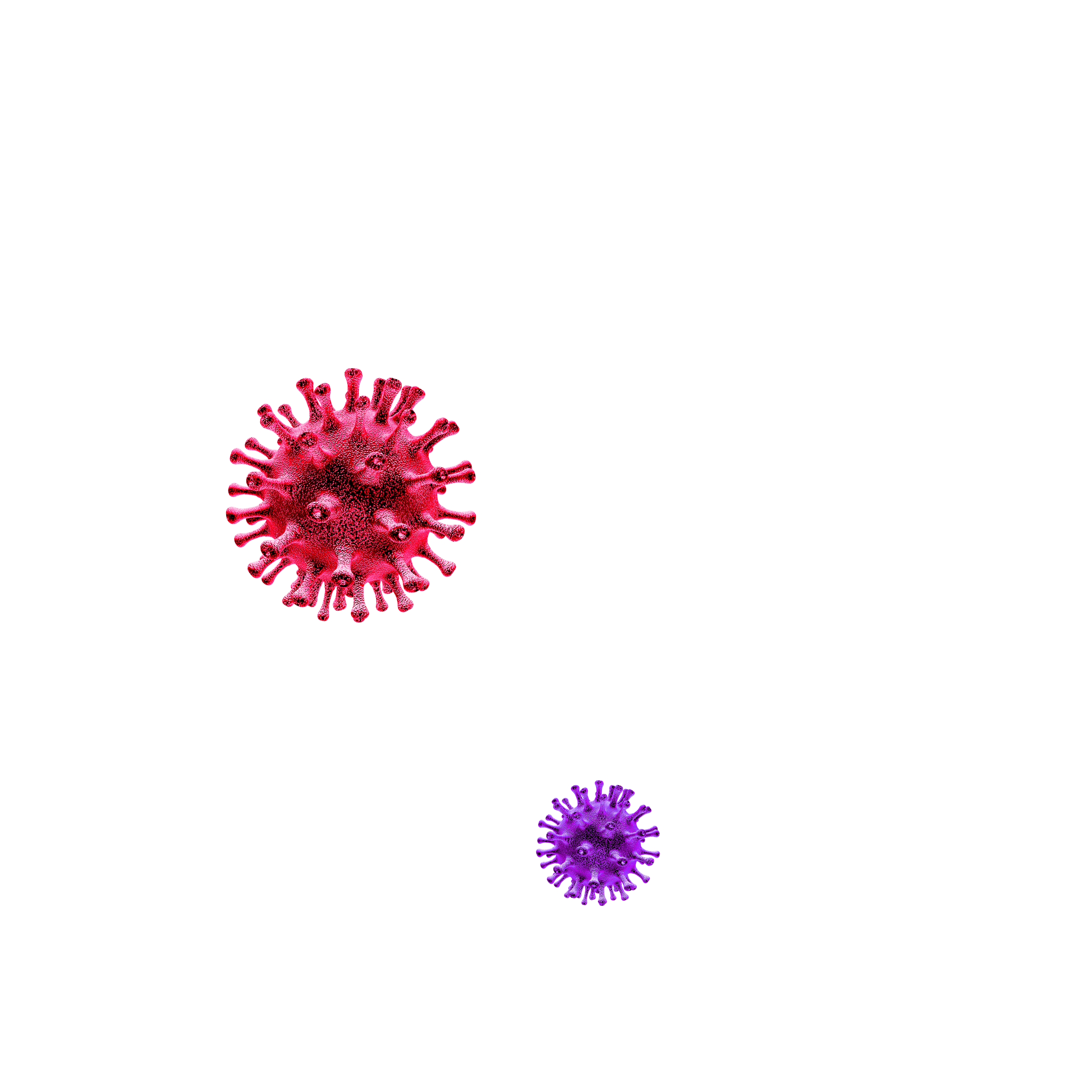A decade on from the start of the COVID pandemic, the globe has fractured into two distinct polarities. On the one hand are nations who openly remember the shared experience of the COVID years (the heartache, disruption, and the global jubilation 8 years ago at the news a viable vaccine had been created); and on the other hand, nations who had soon forgotten the crisis and fast returned to pre-COVID behaviours (often re-writing history in the process). The geopolitical landscape is no longer defined in terms of ‘left-wing’ or ‘right-wing’ political ideologies. It is instead divided into nations who are either ‘COVID Activist’ or ‘COVID Deniers’.
The COVID Activist Nations (CAN) have formed a league of pandemic ready nations predominantly located across Asia, Australasia, Africa and Europe (with the exception of the UK, Sweden and Russia). Canada is also an active member.
The United States of America, Russia, the United Kingdom, Sweden and most of South America are considered to be COVID Deniers. These nations were quick to resume pre-COVID activity levels, some did so before the initial pandemic had been controlled, and many have since denied the existence of COVID or have underplayed the impact the spread of the disease had upon the health and welfare of their populations and economies. The COVID Denier nations tend to work independently and typically come together as small alliances against other COVID Denier nations or to cause disruption throughout the COVID Activist Nations.
Member nations of CAN are keen to learn from the COVID pandemic experience. They believe that there will be future pandemics caused by, as yet unknown, novel viruses or bacteria. They work as a collective to effectively focus significant resources towards the identification and isolation of potential future infective agents and the research required to advance medical science and discover vaccines ahead of time. They make every attempt to create a global pandemic preparedness architecture and governance system. CAN is still working to extend and fully implement the Sendai Framework for Disaster Risk Reduction globally, are an active supporter of the One Health initiative first developed by the World Organisation for Animal Health and now collectively lead PREDICT a programme to detect novel viruses, previously run by the US Agency for International Development.
CAN nations collectively celebrate VC Day (Vaccine COVID) annually, and prioritise medical science and environmental improvement above the invention of new weaponry. Initially their experience post-COVID was a difficult one; economies were destroyed, and communities were torn apart by fear, grief and ongoing ill-health. It would have been easier to have immediately turned back to the old ways, but the CAN league of nations was determined this situation should never be allowed to happen again for lack of vision and effort. Pulling together meant massive compromise, some of which was deeply unpopular; such as the adoption of a single currency and shared fiscal policy. Some individuals saw this as a loss of sovereignty, and the league of nations worked hard to celebrate and commemorate pre-COVID culture and heritage while encouraging a jointly owned and mutually beneficially shared purpose and the evolution of a valued shared culture going forward.
Their approach to the world has changed significantly as a result of the COVID experience and their beliefs surrounding issues such as the environment and biodiversity have led to many technological innovations. Their approach is one of curiosity and co-creation and they have revisited many old patents to resurrect technologies previously disregarded for economic reasons. Their populations enjoy a high level of security, clean living environments and excellent health.
Education across CAN nations is a co-ordinated effort. Children attend learning hubs where they are guided by coaches to identify ideas that are of interest to them. They then create an individual learning journey that builds foundation skills in a way that keeps their interest and allows them to specialise relatively early while encouraging them to keep their minds open to broader interests. Learning is experiential and practical; online provision and group work is enhanced by active experimentation exercises built around real-world problems and likely future research and infrastructure priorities. History is used to build pattern recognition capabilities and early warning systems, and the arts are considered critical to the development of collective creativity and technological advancement.
CAN runs an outreach programme into the more accessible of the COVID Denier nations, and there are increasing levels of defection to CAN nations from Denier territories. Interestingly, there is also an emerging resistance to CAN ideology within its own borders, driven by a significant minority of people who feel overly constrained or left behind by the system, and who are openly questioning the collective CAN COVID memory and controlled approach to the future.
COVID Denier nations are by their very nature more volatile. Soon after the discovery of the vaccine these nations did their best to whitewash history; to hide their ineffective response to the ongoing situation or to completely deny the existence of the virus. Most of the nations still partake in the annual vaccination programme but many do so grudgingly (due to the costs involved) and few cooperate effectively with the vaccination campaign’s central scientific team. Throughout Denier territories the level of cognitive dissonance leads to a submissive population in some nations and causes substantial sporadic social unrest in others.
The virus is still active in some COVID Denier territories due to the low uptake of the annual vaccination and ineffective containment strategies. When outbreaks erupt, they are often blamed upon rogue actors or linked to widely circulating conspiracy theories that link the virus to advances in technology. These nations still spend significant sums on weaponry and provide little financial or scientific support towards the pandemic prevention programmes and novel virus research programmes led by CAN nations. Education levels across COVID Denier nations is hugely variable; some focus great effort on business skills and engineering capabilities in support of manufacturing, transport and weapons while others offer only a basic foundation education to most people.
Where CAN nations counter COVID via education, scientific research and the development of prophylactics and ever-evolving vaccines; COVID Denier nations rely upon ignorance and obfuscation to confuse the masses into submission. Previously applauded state actions are now potentially harmful to the globe; respected pre-COVID state actors have become the rogue states of the post-COVID world while a league of nations has joined together to attempt to usher the entire world towards a better future – in effect a new Cold War has commenced.
The Counter COVID world sees some countries return to a pre-COVID normal where others seek to accelerate evolution and generate resilience to inevitable further existential shocks to civilisation. Both approaches have risks and benefits particularly in the shorter-term. However, over the longer-term it is abundantly clear that the collaborative behaviours and resulting scientific and technological advantages shared by the CAN league of nations will likely better place them for any emerging future. The CAN league of nations have effectively created a meta-tribe – a tribe that transcends prior national divisions, looks to the future through collaboration and co-creation while celebrating heritage and history and the role every event and decision has had in bring the nations together with a shared purpose and vision of the future.









